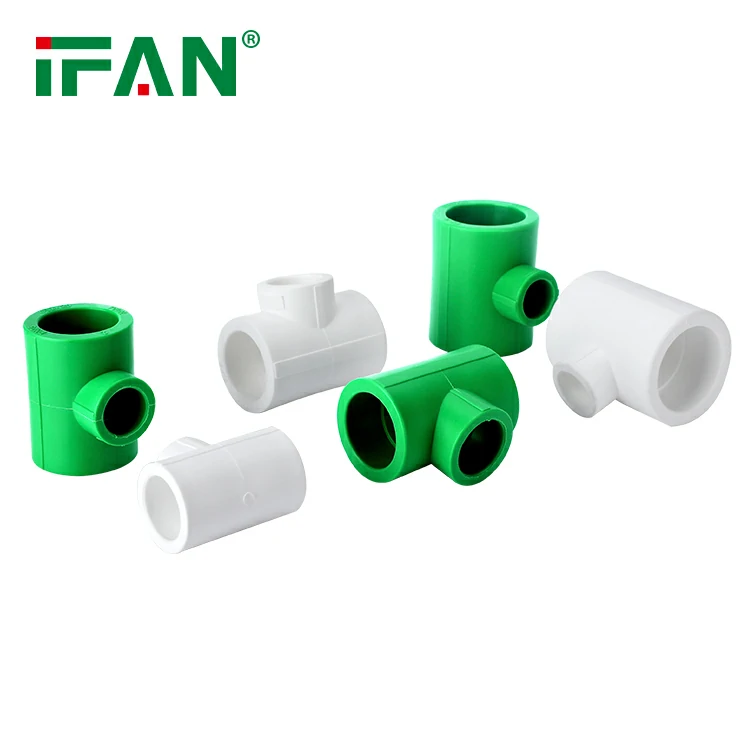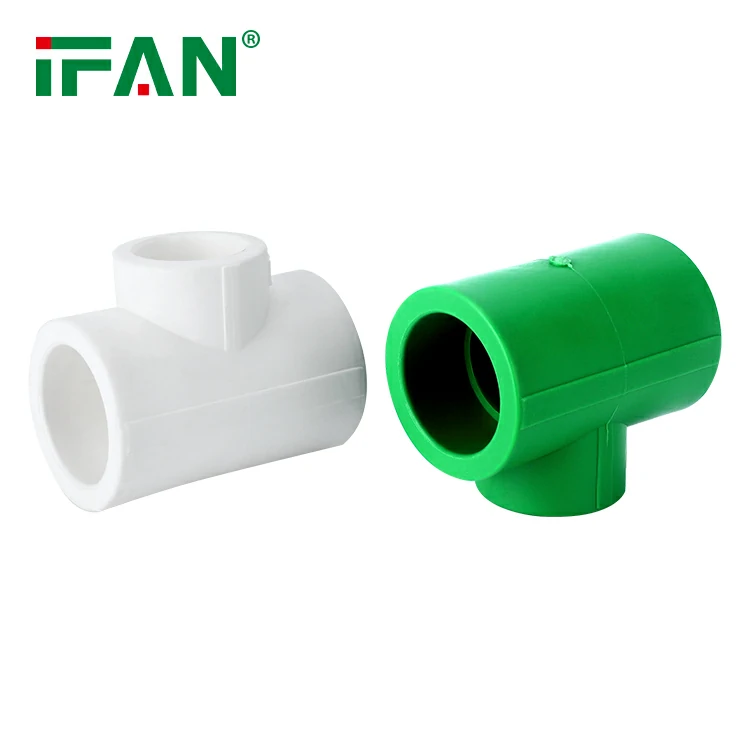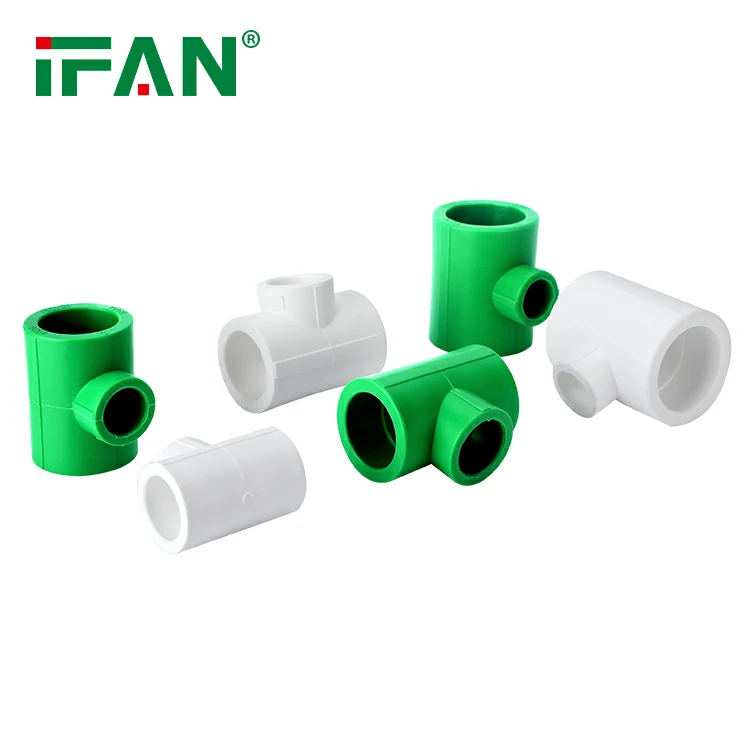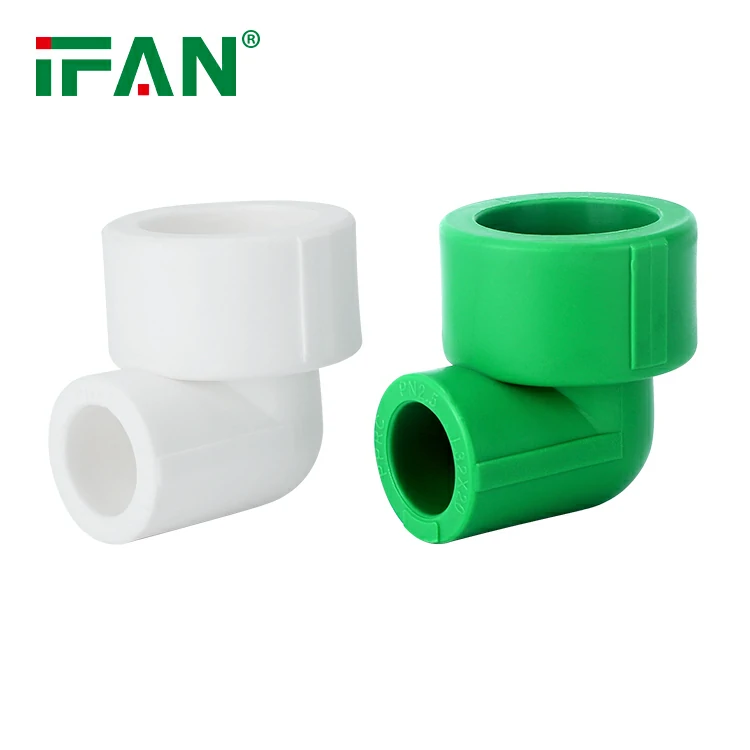PEX (cross-linked polyethylene) pipes are less prone to freezing than traditional copper or PVC pipes, but they can still freeze under extreme conditions. PEX pipes have some flexibility and can expand slightly if water inside them freezes, which can help prevent them from bursting. However, if the water inside the pipes freezes and expands too much, it can still cause damage. It’s important to properly insulate and protect your PEX pipes to prevent freezing and potential damage.
PEX pipes are less prone to freezing than traditional copper or PVC pipes because they are more flexible and can expand slightly if water inside them freezes. PEX pipes are made of a cross-linked polyethylene material that can withstand some expansion due to the expansion properties of the material. This means that the pipes can stretch and bend slightly if the water inside them freezes, which can help prevent them from bursting. However, if the water inside the pipes freezes and expands too much, it can still cause damage. Proper insulation and protection of PEX pipes is important to prevent freezing and potential damage.





